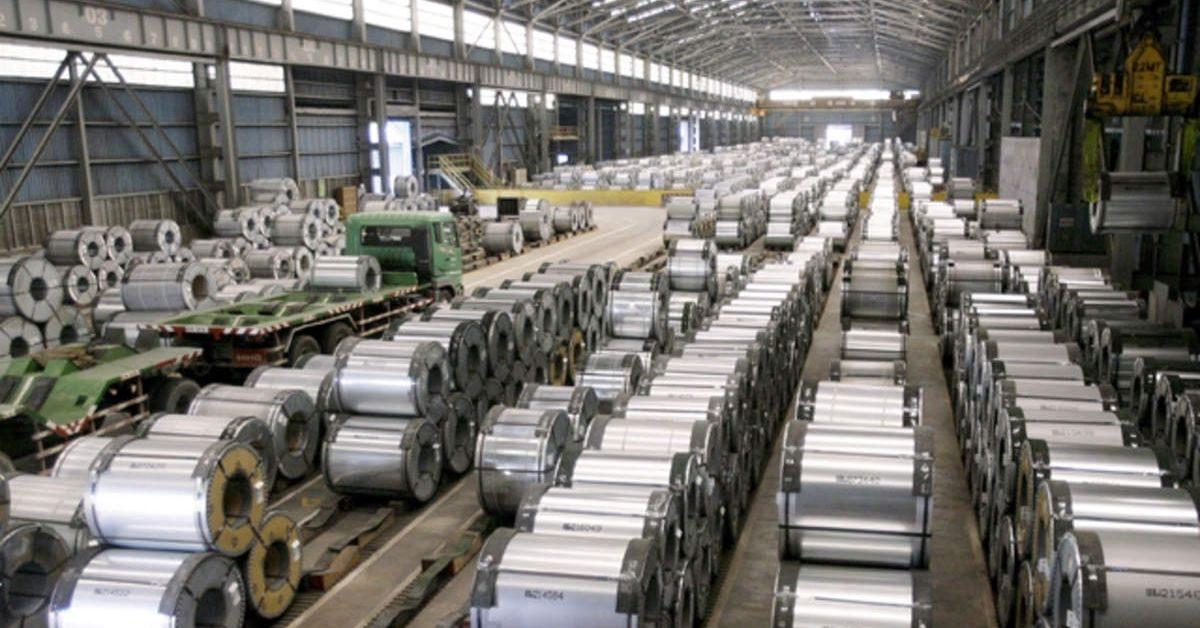The new captive port at Suvali in Surat will be designed to handle 60 mt of bulk, break bulk cargo and finished goods besides 5 mt of liquefied natural gas (LNG) from 8 berths, three of which can accommodate Capesize vessels of 180,000 dead weight tonnes (DWT) capacity while four can dock Supramax ships of 55,000 DWT.
Months after buying a 25 million tonne (mt) capacity captive port at Hazira from Essar Group to cater to its steel mill located nearby, ArcelorMittal Nippon Steel India Ltd (AMNS) has initiated moves to build a new deep draft captive facility at Suvali in Gujarat’s Surat district for handling 65 mt of in-house cargo required by the Hazira plant post expansion, documents showed.
The additional captive port is being planned to cater to the needs of the steel mill when it is expanded from the current capacity of 10 mt a year.
The captive port at Hazira was not part of the deal whereby ArcelorMittal Nippon Steel bought Essar Steel for about Rs42,000 crore under India’s bankruptcy law.
The dispute over the rights to the captive port was settled last year with AMNS acquiring the 25 mt captive facility along with a 270 MW power plant at Hazira and a 12 mt captive berth at Paradip Port from Essar Group for $2.05 billion (about Rs16,500 crores).
The new captive port will be designed to handle 60 mt of bulk, break bulk cargo and finished goods besides 5 mt of liquefied natural gas (LNG) from 8 berths, three of which can accommodate Capesize vessels of 180,000 dead weight tonnes (DWT) capacity while four can dock Supramax ships of 55,000 DWT.
The new captive port will be developed on 331 hectares along with a cargo storage area of some 185 hectares. The cargoes that are proposed to be handled include limestone, dolomite, iron ore and finished goods such as flat products, slab, pipes, and other steel products.
The planned new captive port is located on the northern side of the steel mill while the existing captive facility is on the southern side.
AMNS’s move to set up a new captive port at Suvali comes at a time when Adani Ports and Special Economic Zone Ltd (APSEZ) has unveiled plans to expand the capacity of its port located just a few kms away from 84 mt to 234 mt with an investment of more than Rs14,000 crores.
Port industry sources said that the proposed project is located close to Adani’s existing Hazira port including its expansion plan area, potentially hurting its viability. Concerns have also cropped up over the impact of the planned port on the creek and other ecologically sensitive areas for migratory birds.
AMNS has allayed those concerns.
The navigational channel for the existing Hazira port and ANMS proposed port, according to the steel maker, are far away and will not have any navigational issues.
“Hazira port is operating in the Gulf of Khambhat open area and our proposed port (will be) in the Gulf of Khambhat entry area. Besides, AMNS is completely a captive port for our steel plant, and it will not affect the Hazira port operations,” it told the Expert Appraisal Committee (EAC) attached to the Ministry of Environment, Forest, and Climate Change while applying for environment clearance.
AMNS plan to set up a 5 mt capacity LNG terminal at the proposed captive port has also ignited concerns from the Gujarat Maritime Board as Shell Gas B V is operating a 5 mt LNG terminal in the existing Hazira port that can be expanded to 10 mt.
“We are not sure whether it is commercially viable to set up a new LNG terminal at Hazira. AMNS can tie-up with Shell for their needs,” said a GMB source.
Following instructions from the EAC, the steel maker has revised the layout of the proposed captive port by reducing the mangrove area, scaled down the overall port development area to 331 hectares from the earlier 364 hectares and cut the south breakwater from to 2,300 metres from 2,700 metres.









3 Responses
7606007612
7606007611
It’s very beneficial for our Nation